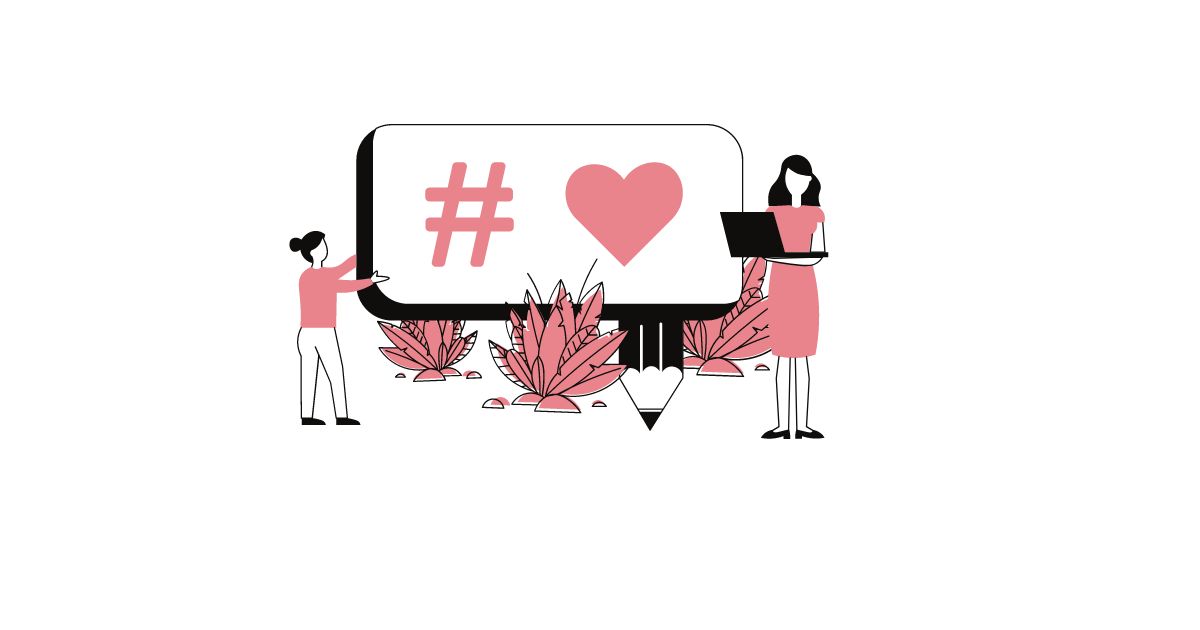N. 133/2023 LE TRE NEWS DI OGGI: I dibattiti sulla protezione dei dati personali, compresi quelli biometrici, si sono intensificati, in quanto gli enti pubblici e privati utilizzano sempre più spesso le tecnologie biometriche in contesti come la polizia, gli spazi pubblici e le scuole. Tuttavia, c’è un contesto in cui i dati biometrici vengono …

